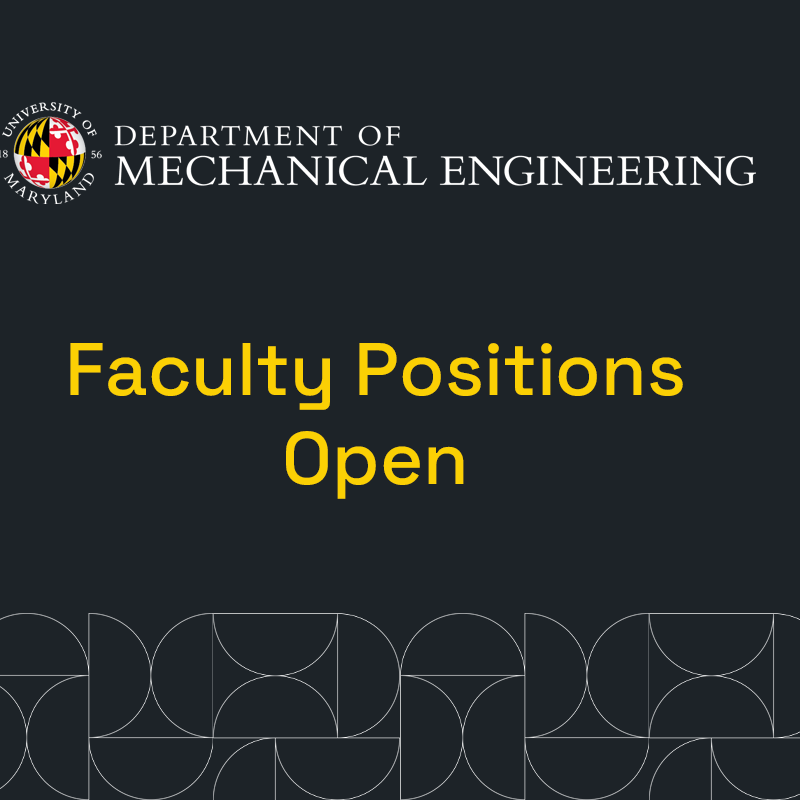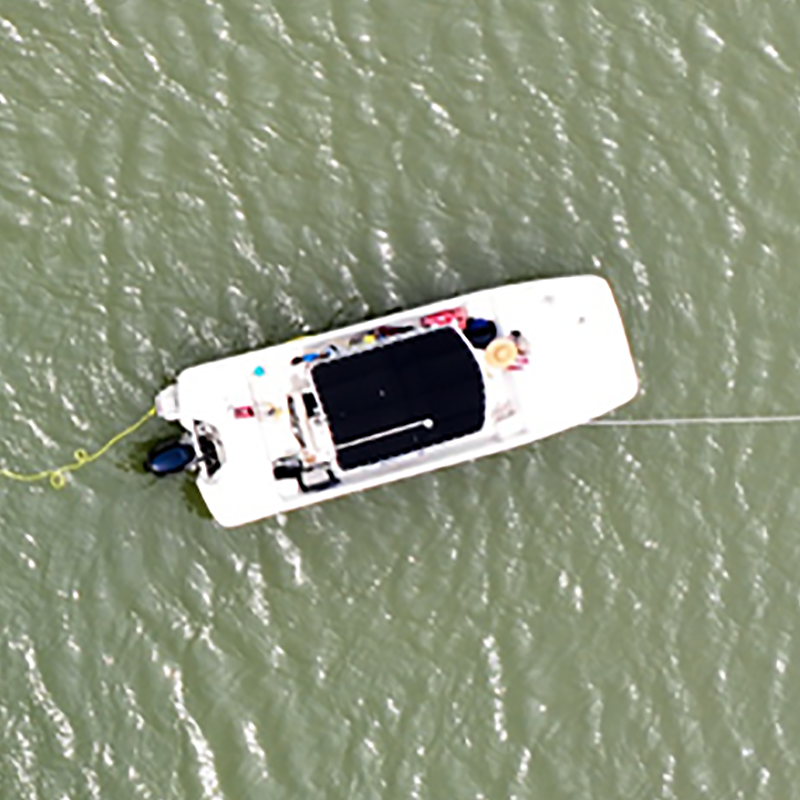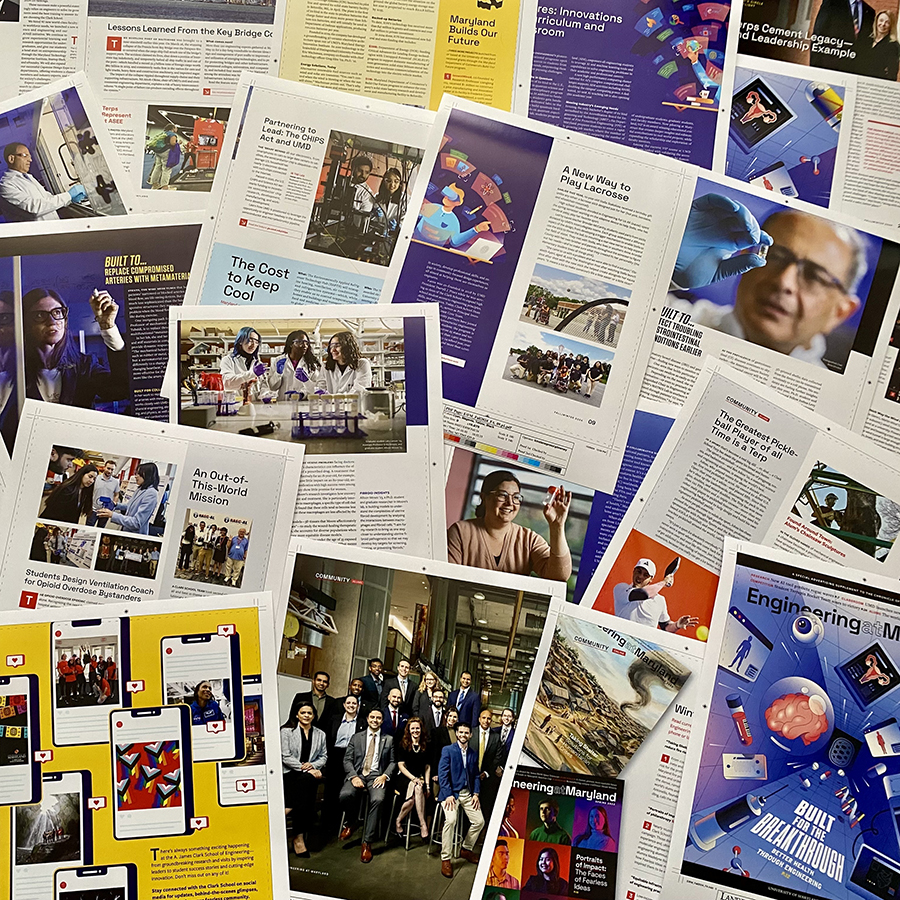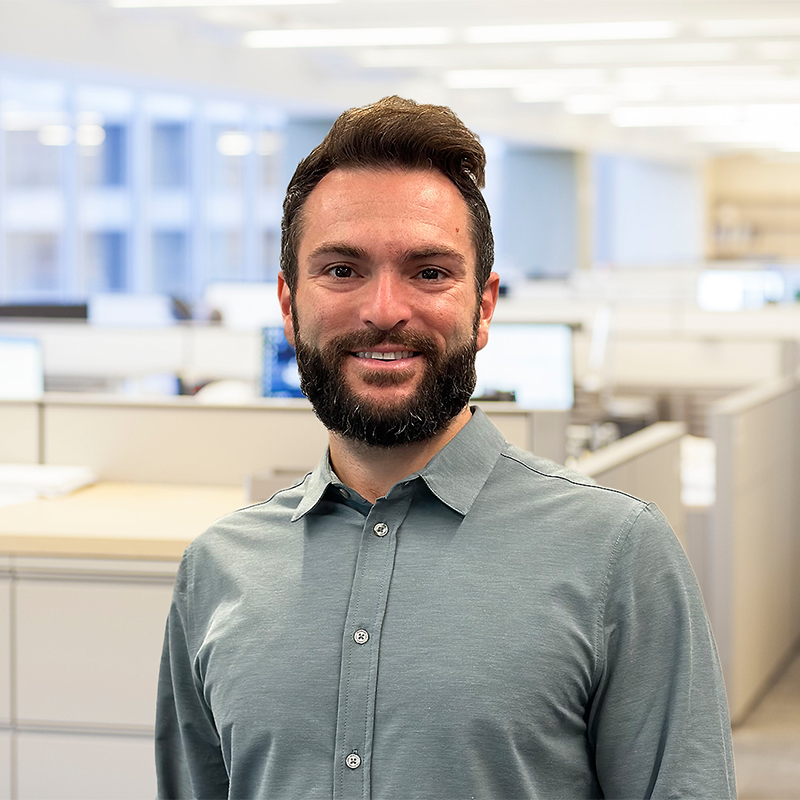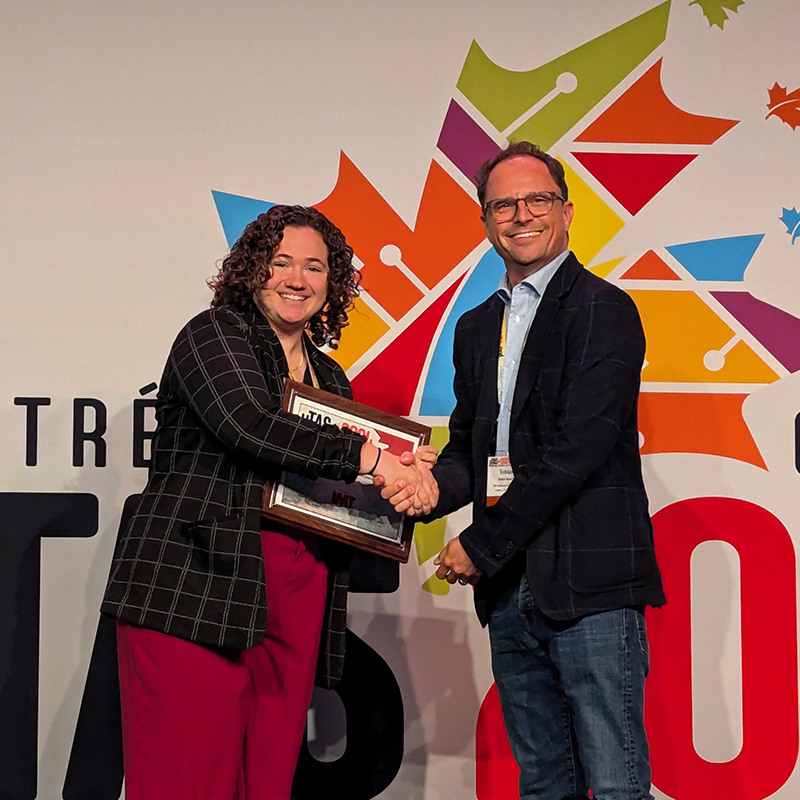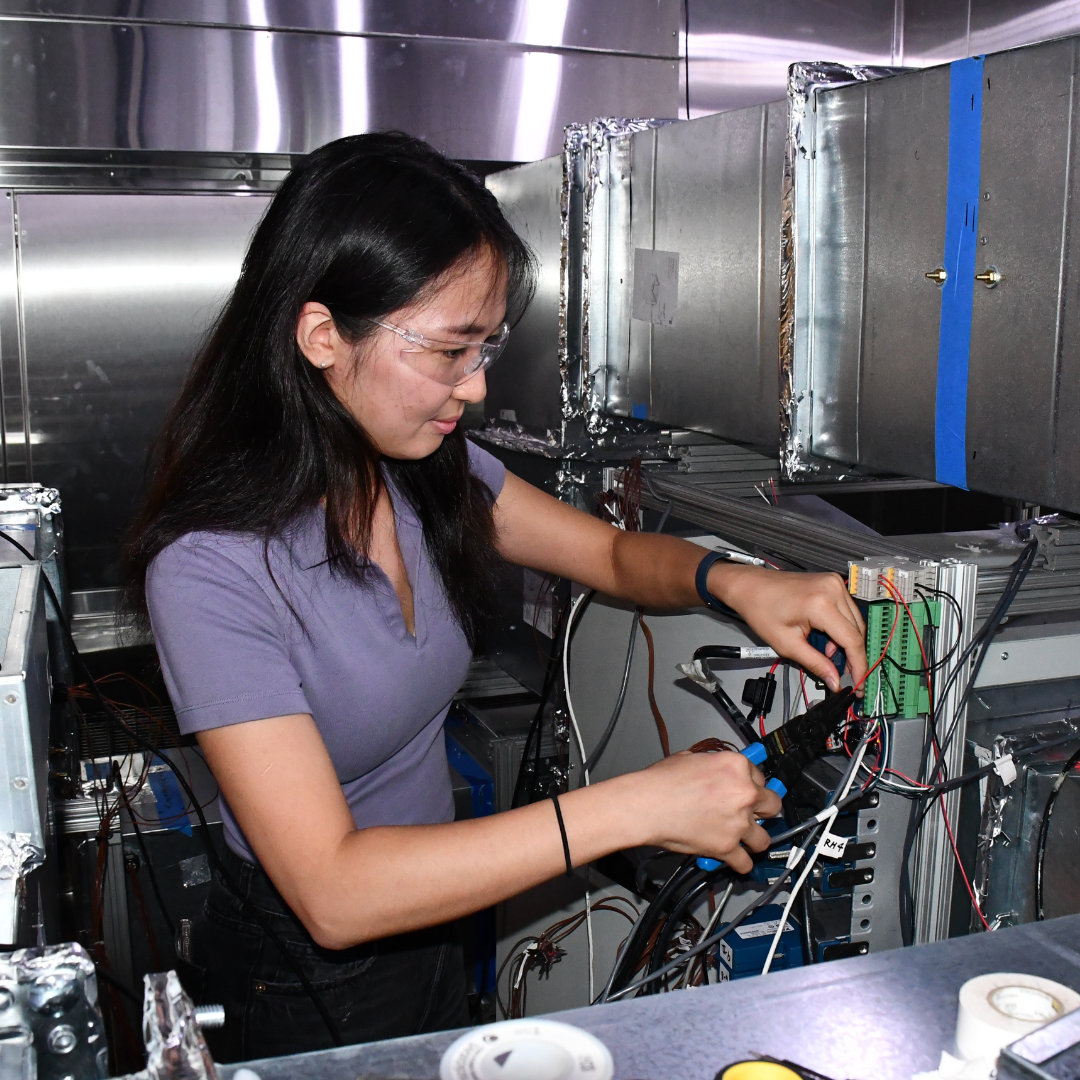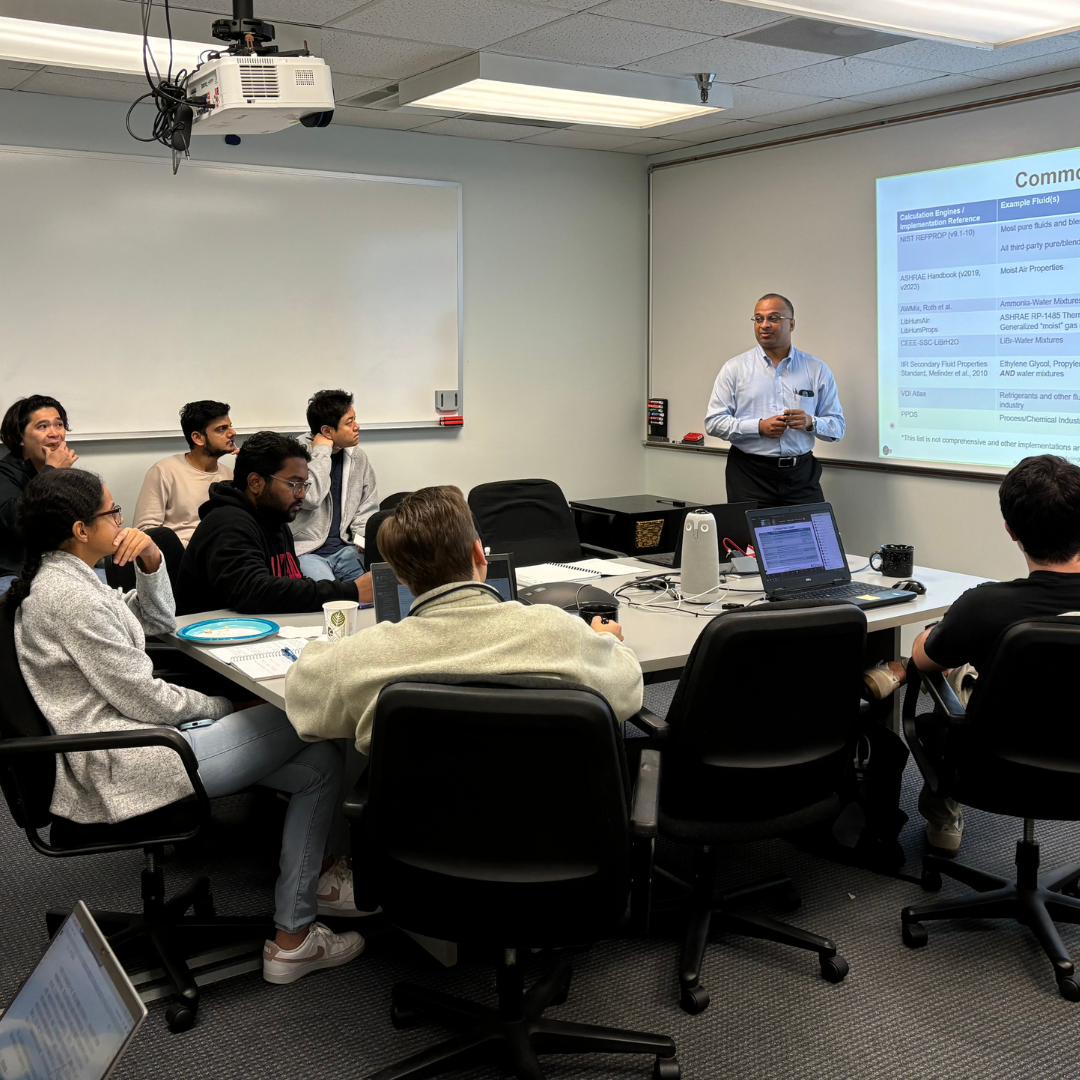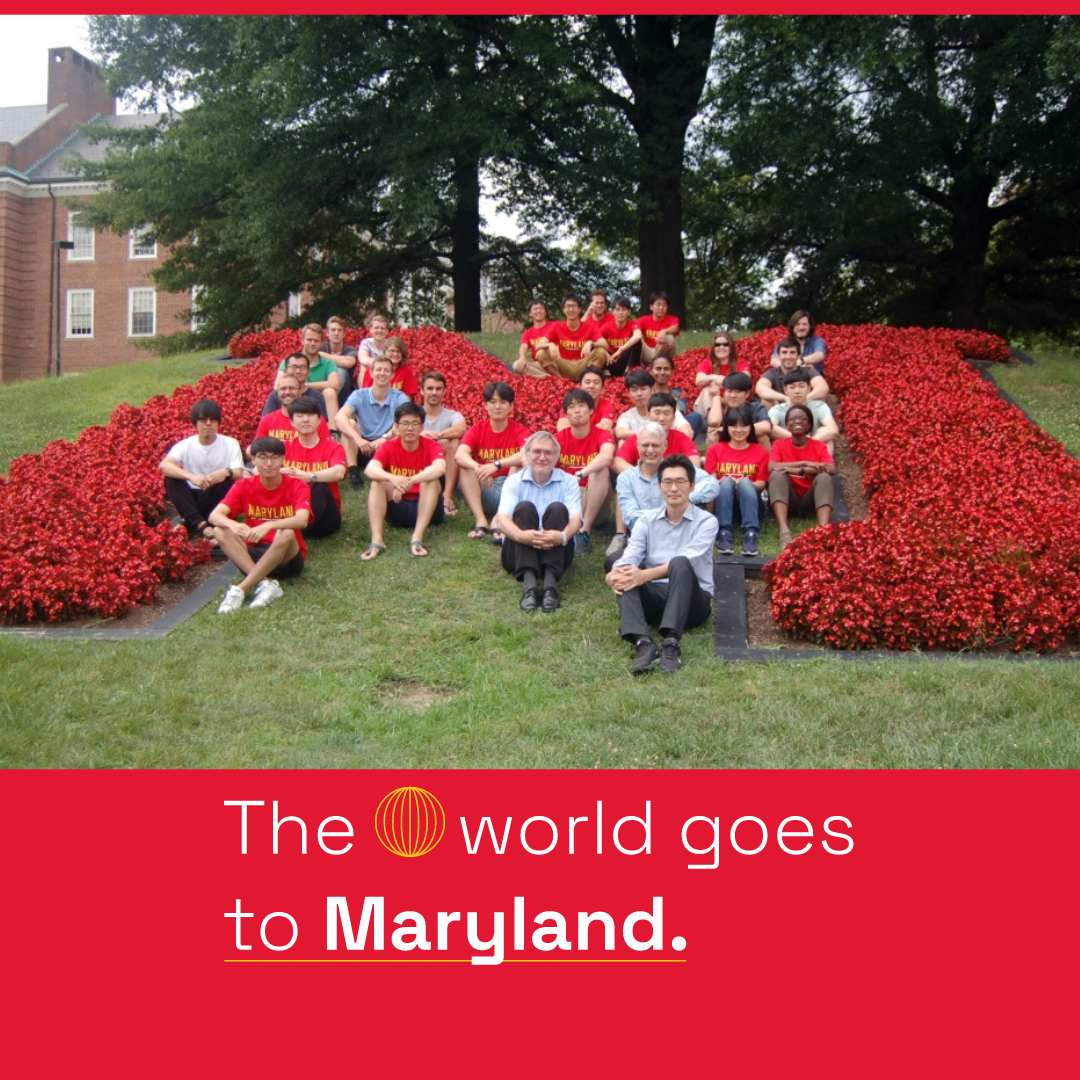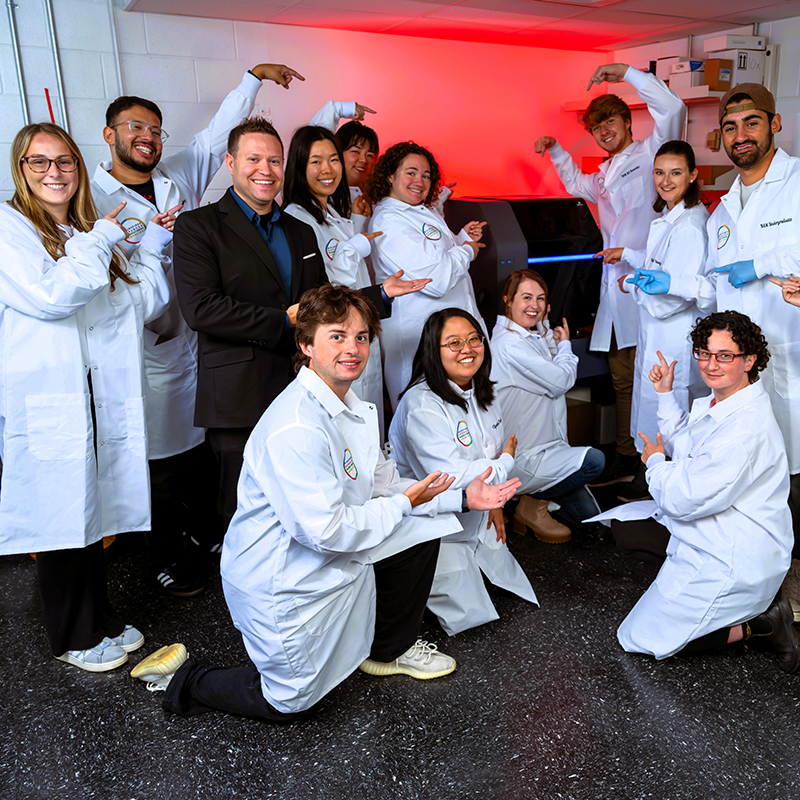News Story
RISE Program Receives Significant Funding From NSF
It has long been recognized that the number of women in the science, mathematics, engineering and technology (SMET) fields has always been significantly lower than that of men; in fact, a recent study has indicated that there has been virtually no change in the percentage of women earning bachelor's degrees in engineering in the last fifteen years. Whether the factors that discourage women to pursue SMET fields are either the disciplines' "chilly climate" or one's internal self-doubt, the result is nonetheless the same: few women are represented in male-dominated SMET fields. To this end, a research team in the A. James Clark School of Engineering has devised an educational program to help women overcome these obstacles and succeed in these fields.
The program proposal, written by Mechanical Engineering Associate Professor Linda Schmidt (PI), Clark School Director of Student Research Janet Schmidt (co-PI), and Aerospace Engineering Assistant Professor (and then-Acting Director of the Women in Engineering Program) Anne Spence (co-PI), was recognized and awarded $900,000 over the next three years by the National Science Foundation's Program for Gender Equity (PGE) in Science, Mathematics, Engineering and Technology (SMET). Entitled RISE: Research Internships in Science and Engineering, this proposal was conceived as a two-level, team-based educational intervention program. Collaborative funding from the Clark School will bring the total resources of the RISE Program to $1,000,000.
RISE is envisioned to address aspects of both external and internal barriers to women's success in SMET academic departments by employing an enhanced team experience at two key points: first, during the transition into college, and second, during the latter half of their education when career options and graduate education are being considered. Specifically, the intervention will address the external factors of the "chilly climate" of science, the lack of female role models and mentors, and the lack of a female "critical mass" among students and faculty in SMET academic departments. In addition, a significant internal factor identified as "self-efficacy," or the underestimation of abilities (e.g. "I'm bad in math"), will be assessed.
The purpose of RISE is to create all-female student research teams, facilitated by female faculty members and advanced students, who are paid and trained to perform significant mentoring and teaching of undergraduate women. This Win-Win opportunity will expose students to research as the process of discovering new knowledge, training in effective teamwork, cutting-edge technologies, as well as the support and role modeling provided by the female faculty member and advanced female students. Female faculty, in turn, will also be supported in their mentoring of young women, and, at the same time, make progress in their own research activities.
RISE-Level One will be a two-week hands-on introductory orientation experience for incoming female freshmen in SMET disciplines. Up to 25 students will collaborate in small teams consisting of female faculty members, graduate students, members of the Women in Engineering Program, and BESTEAMS (Building Engineering Student Team Effectiveness and Management Systems). The curriculum will include technical skills, orientations to research laboratories and research projects, and "Lunch and Learn" sessions where faculty mentors will discuss their personal experiences in the sciences and engineering. The culmination of this program will be a team report on their activities and learnings written by the student participants.
RISE-Level Two will be a guided research team experience for rising juniors and seniors majoring in engineering or the sciences. This eight-week summer program's focus is on participation in a female faculty member's area of research as part of an all-female research team. Team members will also attend periodic workshops conducted by BESTEAMS.
Central to the entire program is that all participants-undergraduate students, graduate student assistants, and faculty members-will be paid for their efforts and trained in mentorship and team functioning.
Both the Clark School of Engineering and the University of Maryland are very enthusiastic about this program. Twenty letters of support for the project were submitted with the proposal, including those from eleven female faculty members, one male department chair, the dean of the Clark School of Engineering, and seven from the RISE Advisory Board. The RISE Advisory Board consists of members of the university community who will participate in both the planning and on-going evaluation of the RISE project. They are:
Dr. Elizabeth Beise, Associate Professor, Physics
Dr. William W. Destler, Provost
Dr. Sandra Greer, Professor, Chemistry and Chemical Engineering
Dr. Robert Lent, Professor, Counseling and Personnel Services, and Co-Program Director
Dr. Patricia Mead, Program Director, National Academy of Engineering (formerly Assistant Professor of Mechanical Engineering)
Ms. Rosemary Parker, Director, Center for Minorities in Engineering and the Sciences
Dr. Anne Wylie, Executive Assistant to the President and Professor of Geology
The first RISE student class will arrive on campus in summer 2002.
Published September 15, 2001
